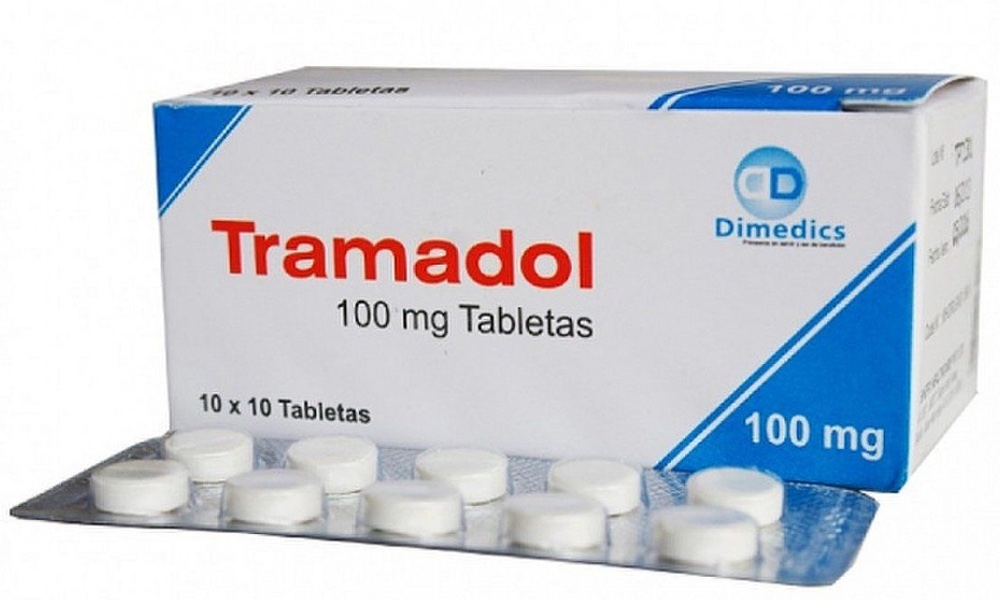Marijuana was once known as the “gateway” drug, but with legalization in 21 states, it’s gone mainstream and cannabis use has soared. More than 10 percent of Americans are getting high on weed over any given month, according to the National Survey on Drug Use and Health. Regular use is not without health consequences, however, particularly for the heart, a recent study finds.
People who use marijuana every day are about one-third more likely to develop coronary artery disease (CAD) than people who never use marijuana or consume it less than once a month. CAD is a common condition that is usually linked to the build-up of coronary plaques which cause the coronary arteries to narrow, limiting blood flow to the heart.
“We found that cannabis use is linked to CAD, and there seems to be a dose-response relationship in that more frequent cannabis use is associated with a higher risk of CAD,” lead author, Ishan Paranjpe, a resident physician at Stanford University, said in a press release. “In terms of the public health message, it shows that there are probably certain harms of cannabis use that weren’t recognized before, and people should take that into account.”
The study included detailed information about the health and habits of 175,000 people from the All of Us Research Program of the National Institutes of Health. It did not differentiate between smoking or vaping cannabis and consuming cannabis with edibles.“[T]here seems to be a dose-response relationship in that more frequent cannabis use is associated with a higher risk of CAD…”
First, the researchers analyzed the relationship between cannabis use frequency (assessed using surveys at the time of enrollment in the study) and rates of CAD (based on medical records that spanned several years). Then they used a genetics-based approach in order to identify a causal relationship between cannabis use disorder and CAD risk. Cannabis use disorder involves frequent marijuana use and dependency.
Daily cannabis users were 34 percent more likely to have CAD than those who never used marijuana, the team found after they adjusted for age, sex and major cardiovascular risk factors. It’s also notable that monthly marijuana use was not associated with an increase in risk for CAD.
Based on these findings, the researchers agree that it’s important for frequent cannabis users to be aware that the drug is not without risk. They recommend that people tell their doctors about their marijuana use, whether it’s smoking it or in edible form, so that their healthcare professional can take the appropriate steps to monitor their heart health.
THC enters the body through different pathways depending on how it is consumed and gets to the brain more quickly when smoked. Examining the health implications of the different forms of cannabis consumption is an area worth future study, the researchers say. The present findings help us better understand the molecular pathways involved in marijuana use and heart disease and could open new opportunities for interventions to prevent or treat heart disease.
If you or someone you know is addicted to cannabis and wants help, they can contact the federally funded Substance Abuse and Mental Health Services Administration Helpline, or call 1-800-662-HELP (4357).
The study was presented at the American College of Cardiology and the World Heart Federation annual meeting, ACC.23/WHF, March 4-6, 2023 on Sunday, March 5. It has not yet been published in a peer-reviewed journal; its findings should be considered preliminary.





